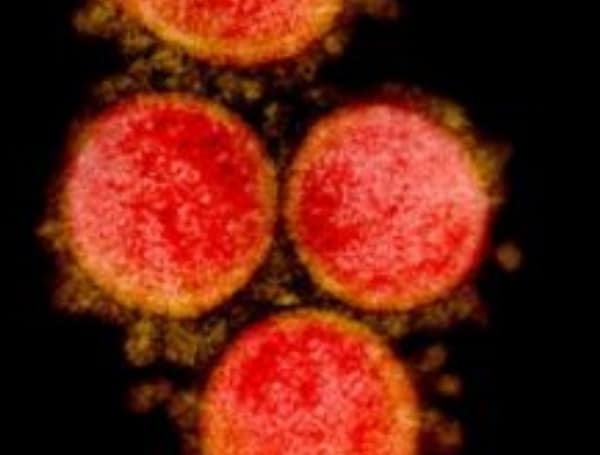New research published in the International Journal of Vaccine Theory, Practice, and Research has raised questions about the potential impact of COVID-19 vaccines on menstrual cycles, even in unvaccinated women.
The study, titled “Menstrual abnormalities strongly associated with proximity to COVID-19 vaccinated individuals: A survey study in unvaccinated women,” analyzed data from 6,049 women who self-reported menstrual irregularities.
Researchers identified a subset of 3,390 women who were unvaccinated, had no history of COVID-19 infection, and reported no known exposure to the spike protein.
READ: DOJ Misled Courts To Spy On Lawmakers And Staff During ‘Russiagate’ Probe, Watchdog Finds
Surprisingly, these unvaccinated women experienced menstrual irregularities similar to those reported by vaccinated women, according to the study.
Furthermore, the timing of these irregularities appeared to correlate with their proximity to vaccinated individuals, suggesting a possible “shedding” phenomenon where the vaccine’s components, such as the spike protein, might be transmitted from vaccinated to unvaccinated individuals.
“These findings are alarming,” stated Dr. Brian Hooker, Chief Scientific Officer at Children’s Health Defense (CHD), one of the organizations involved in the research. He called for a halt to mRNA vaccines until further research can be conducted on their transmission and safety.
This study adds to a growing body of research exploring the relationship between COVID-19 vaccines and menstrual changes. While previous studies focused primarily on vaccinated women, this new research raises concerns about potential impacts on unvaccinated individuals as well.
READ: Trump Could Finally Put One Of Immigration’s Thorniest Issues To Rest
It is important to note that this study is based on self-reported data and further research is needed to confirm these findings and explore the underlying mechanisms involved. However, the results highlight the need for continued investigation into the long-term effects of COVID-19 vaccines and their potential impact on reproductive health.
Please make a small donation to the Tampa Free Press to help sustain independent journalism. Your contribution enables us to continue delivering high-quality, local, and national news coverage.
Connect with us: Follow the Tampa Free Press on Facebook and Twitter for breaking news and updates.
Sign up: Subscribe to our free newsletter for a curated selection of top stories delivered straight to your inbox.

